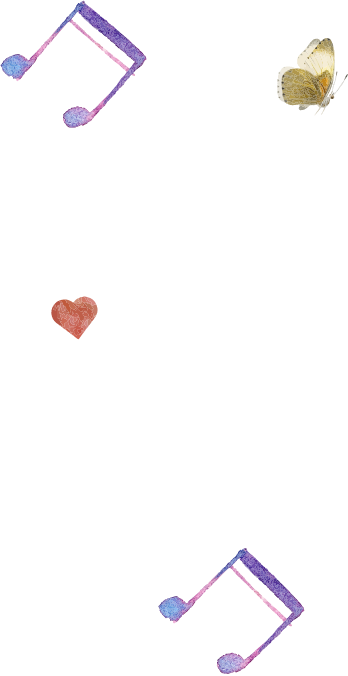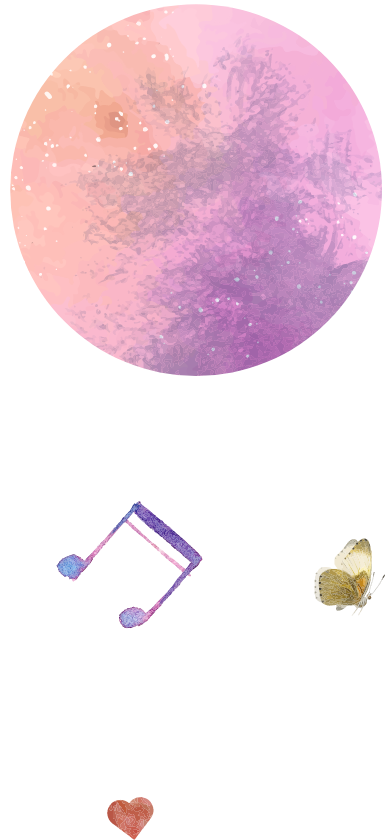
Oi kairoi den echoun besa

Oi kairoi den echoun besa
Speech Comprehension and Production
Refer to the windmill and the special names that sailors and people living by the sea have for winds [βοριάς-τραμουντάνα (vorias-tramountana, northern wind-tramountane), νοτιάς-όστρια (notias-ostria, southern wind-ostro), δυτικός-πουνέντες (dytikos-pounentes western wind-ponente), ανατολικός-λεβάντες (anatolikos-levantes, eastern wind-levante)]. Based on the phrases: “οι καιροί δεν έχουν μπέσα” (oi kairoi den echoun besa) and “τον θαλασσινό αέρα τον μαθαίνεις κάθε μέρα” (ton thalassino aera ton mathaineis kathe mera), the students are asked to identify the difficulties of the marine life due to the intense weather phenomena by studying other texts (Karkavitsas, Papadiamantēs, greek folk songs, etc.).
Music Activities
The students learn about the nisiotika songs (songs from Greek islands): musical instruments and performing groups (zygia), form and content in the lyrics and in the music, nisiotika dances (dances from Greek islands). Audio and audiovisual examples.
Reference to the motif “έγια μόλα, έγια λέσα” (egia mola, egia lesa) and search for similar nautical terms in other nisiotika (island) songs.
Acquaintance with nisiotika dances [μπάλος (balos), σούστα (sousta), φουρλάνα (phourlana), πεντοζάλης (pentozalēs), etc.] and creation of a simple choreography by the pupils using similar figures.
Reference to the motif “έγια μόλα, έγια λέσα” (egia mola, egia lesa) and search for similar nautical terms in other nisiotika (island) songs.
Acquaintance with nisiotika dances [μπάλος (balos), σούστα (sousta), φουρλάνα (phourlana), πεντοζάλης (pentozalēs), etc.] and creation of a simple choreography by the pupils using similar figures.
Cross-thematic Connections - Greek Culture
Interdisciplinary concepts: system, interaction.
The influence of the elements of nature and especially the wind in the life of the people in Greek islands.
Identify the cape of Kavomalia (Cape Maleas) on a geographical map. Refer to the danger of the area due to high winds. Search for other areas in Greece and around the world with dangerous conditions for navigation.
Play the traditional game "οι ψείρες” (oi pseires, the lice) by replacing the names of countries with those of the winds.
The pupils, divided into groups of 3-4 people, create a natural environment using their bodies (mountain, volcano, stormy sea, calm lake, gully, etc.). Each group present their creations to the whole class while the rest of the students have to guess what has been represented.
The influence of the elements of nature and especially the wind in the life of the people in Greek islands.
Identify the cape of Kavomalia (Cape Maleas) on a geographical map. Refer to the danger of the area due to high winds. Search for other areas in Greece and around the world with dangerous conditions for navigation.
Play the traditional game "οι ψείρες” (oi pseires, the lice) by replacing the names of countries with those of the winds.
The pupils, divided into groups of 3-4 people, create a natural environment using their bodies (mountain, volcano, stormy sea, calm lake, gully, etc.). Each group present their creations to the whole class while the rest of the students have to guess what has been represented.
Age level
11-15 years old
Language level
Intermediate
Sea
Seasons
Ta tragoudia pane theatro
Oi kairoi den echoun besa.m4a


